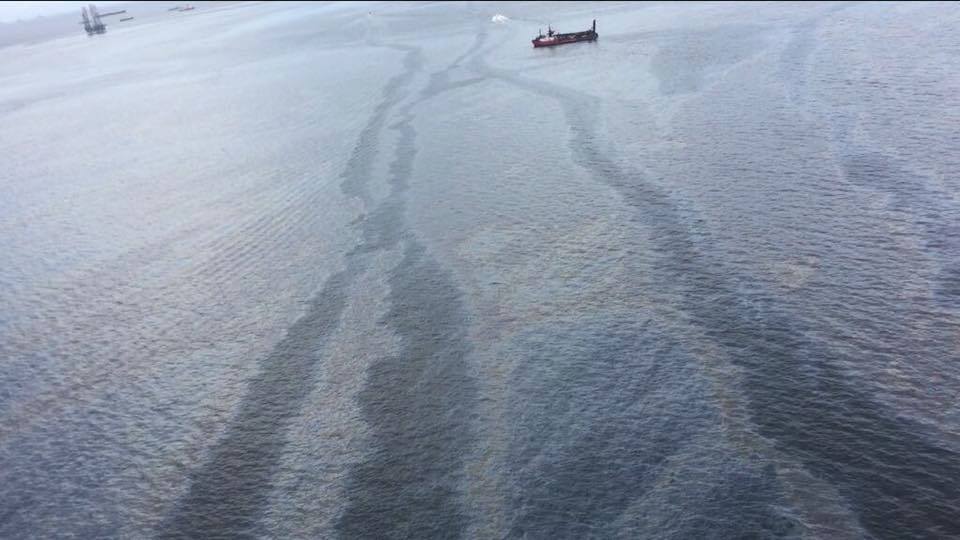Gaps in Guyana’s oil spill response prompt greater action from local bodies
There are gaps in Guyana’s oil spill preparedness that could hinder the country’s ability to adequately respond to the potentially devastating event, a performance audit from the Audit Office from Guyana found.
It is important to note, however, that local bodies are working towards resolving these issues. The Civil Defence Commission (CDC), in particular, is leading Guyana’s response planning.
In a correspondence between the CDC Head Colonel Nazrul Hussain and Auditor General Deodat Sharma, it was noted that key efforts are now being pursued.
Hussain explained that a National Oil Spill Contingency Plan was developed in the absence of the risk assessment. But, it was acknowledged that an independent consultant is needed to conduct the much-needed risk assessment.
Notably, he highlighted that the CDC has both a list of responses held by organisations and agencies and is working to establish the minimum response equipment needed to adequately respond to marine challenges. The CDC is also training people in the new field of oil spill preparedness.
The CDC Head also said that Guyana’s Maritime Administration Department (MARAD) is reviewing places of refuge for ships along Guyana’s coastline.

Beyond Guyana, the audit noted that the government has taken steps to receive assistance from other countries in case of the adverse event. This is particularly crucial since an oil spill offshore has the potential to impact of continental and regional neighbours.
“The CDC remains committed to the development and enhancement of Guyana’s disaster risk management capabilities,” Colonel Hussain said.
The audit noted that an accidental oil spill is among the oil and gas activities that can result in significant humanitarian, environment and socio-economic woes.
As such, careful planning is needed to guarantee that adverse impacts are limited.
In Guyana’s case, however, key shortcomings in oil spill preparedness could hinder the country’s ability to adequately respond to the event.
“The government has plans and resources to respond to marine oil spills but there are significant legal and operational gaps that could hamper response efforts.
“That is especially true of larger spills, where risks are greatest,” the audit noted.
Specifically, it was found that Guyana’s legal and regulatory framework is not wholly aligned with industry best standards. Draft regulations to protect against oil spills were not approved and regulations to control the use of hazardous chemicals and the burning of oil during a spill are absent.
Contingency planning for an oil spill is also lacking as Guyana does not possess a comprehensive risk assessment. Places of refuge for ships in need of assistance, the identification of a minimum level of response equipment and total needed resources for response are all key areas that have not been satisfactorily catered for, according to the audit.







